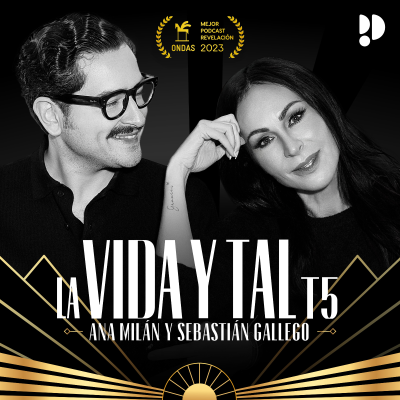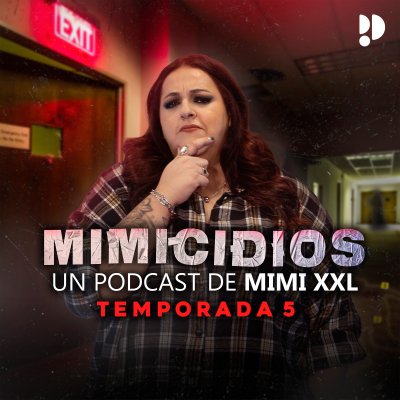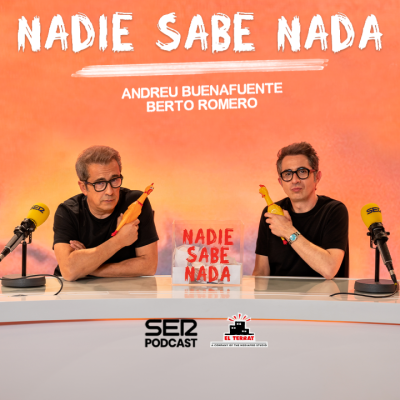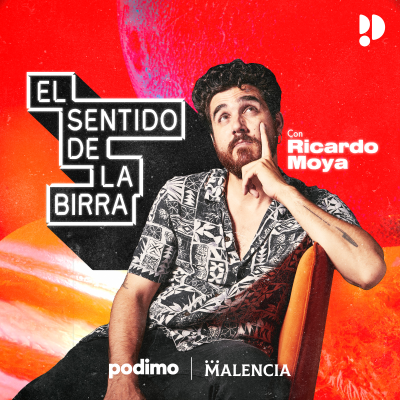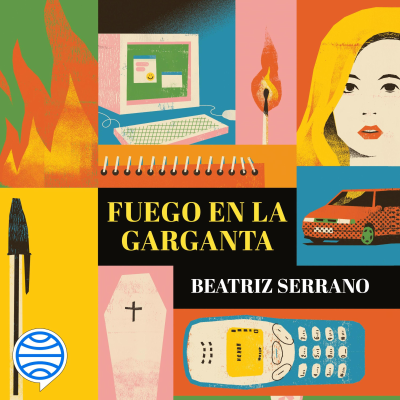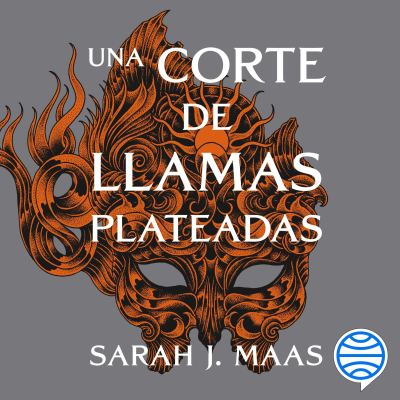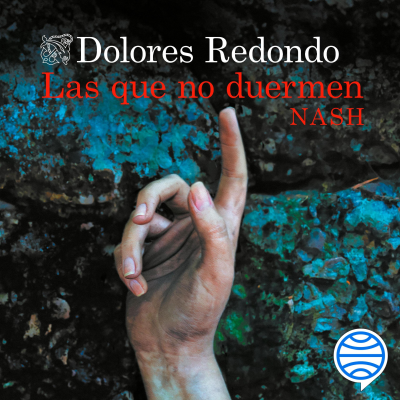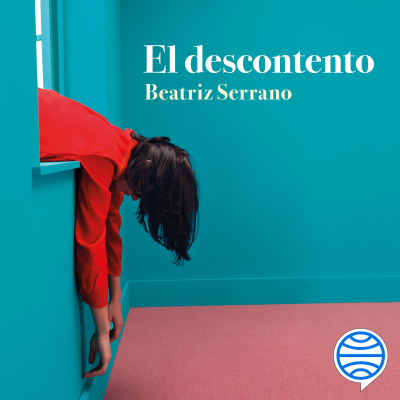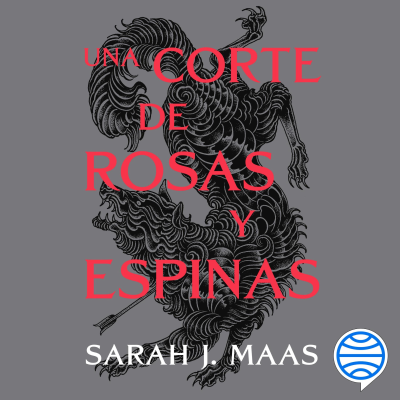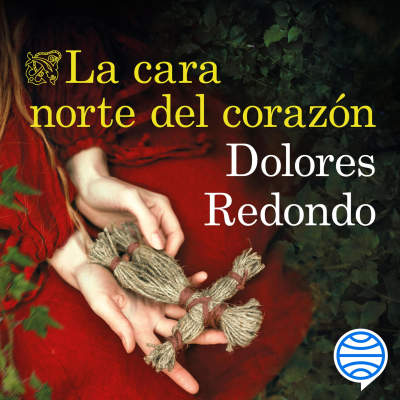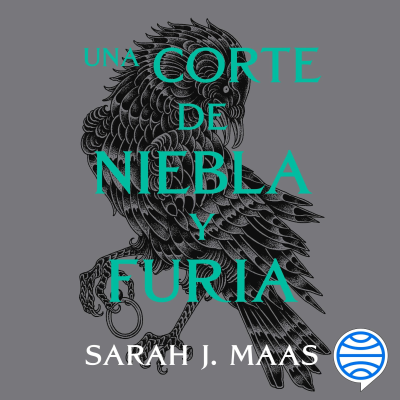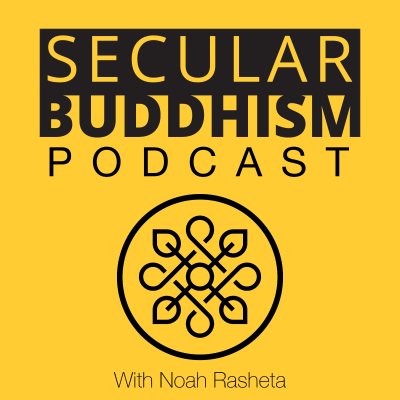
Secular Buddhism
Podcast de Noah Rasheta
Don't use what you learn from Buddhism to be a Buddhist. Use it to be a better whatever-you-already-are. Hosted on Acast. See acast.com/privacy for more information.
Disfruta 3 días gratis
4,99 € / mes después de la prueba.Cancela cuando quieras.
Todos los episodios
207 episodiosWhat is the difference between happiness and joy, and how can we experience greater contentment, even when life doesn’t go as planned? In this episode, I explore the Buddhist perspectives and modern insights that reveal happiness as a fleeting emotional state, while joy represents a deeper, more enduring form of well-being. Drawing inspiration from “The Book of Joy” by the Dalai Lama, “Happiness” by Matthieu Ricard, and “The Let Them Theory” by Mel Robbins, I discuss practical exercises and teachings that help us cultivate a more resilient, compassionate, and flexible approach to life’s inevitable ups and downs. Join me as we learn to hold space for joy in every moment, beyond mere happiness. ---------------------------------------- Hosted on Acast. See acast.com/privacy [https://acast.com/privacy] for more information.
In this episode, I explore the Buddhist teaching of aimlessness, one of the Three Doors of Liberation, through personal reflection and the lens of my son’s journey into adulthood. What if life doesn’t need a fixed purpose to be meaningful? Drawing on insights from Buddhism, Alan Watts, and everyday life—including paragliding, parenting, and playing music—I consider what it means to live fully when we stop racing toward a destination. Aimlessness isn’t about giving up; it’s about letting go of the pressure to always be somewhere else, and discovering the joy of being right here, right now. Life, like dancing or listening to music, might not be about getting to the end—it might just be about the experience itself. ---------------------------------------- Hosted on Acast. See acast.com/privacy [https://acast.com/privacy] for more information.
In this episode of the Secular Buddhism podcast, Noah explores the Buddhist teaching of no-self through the powerful metaphor of a car ride. Who—or what—is really in control as we navigate our lives? Drawing from the five aggregates and the Internal Family Systems model, Noah illustrates how our emotions and mental patterns often take the wheel, shaping our actions and experiences. But through mindful awareness, we can begin to notice these “drivers,” understand their intentions, and gently shift how we respond. This episode invites listeners to reflect on their inner world with curiosity, compassion, and clarity, offering practical tools for cultivating emotional awareness and inner freedom. ---------------------------------------- Hosted on Acast. See acast.com/privacy [https://acast.com/privacy] for more information.
In this episode, I explore the parable of The Empty Boat and how it serves as a powerful metaphor for understanding the way we react to life’s inevitable bumps (especially those caused by others). Drawing from Taoist and Zen traditions, this story reminds us that much of our suffering arises not from what happens, but from the meaning we attach to it. We’ll look at what it means to take things personally, why we often assume intent where there may be none, and how mindfulness helps us shift from reactivity to response. I also share personal reflections, real-life examples, and variations on the parable to help bring this teaching into everyday life. Whether you’ve been bumped recently or you’ve unknowingly bumped into others, this episode offers a gentle invitation to pause, reflect, and respond with more awareness and compassion. ---------------------------------------- Hosted on Acast. See acast.com/privacy [https://acast.com/privacy] for more information.
In this episode of The Secular Buddhism Podcast, I reflect on an experience at a dance competition that led me to deeply consider connection, perception, and the way we assign meaning to our experiences. As I watched dancers perform to carefully chosen songs, I found myself drawn into the emotions conveyed in the lyrics—emotions that felt strikingly familiar, even though they were someone else’s words, someone else’s story. This realization sparked a deeper exploration of Buddhist teachings on interdependence (pratītyasamutpāda), impermanence (anicca), and feeling tones (vedanā)—all of which play a role in how we connect to art, music, and each other. How is it that a song written by a stranger can make us feel understood in our most personal moments of joy or sorrow? What does this teach us about the shared human experience? Join me as we explore the ways in which our lives, like music, are constantly unfolding—sometimes melancholic, sometimes joyful, always moving. And just as we don’t cling to a single note in a song, we can learn to embrace the impermanence of life with greater ease. ---------------------------------------- Hosted on Acast. See acast.com/privacy [https://acast.com/privacy] for more information.
Disfruta 3 días gratis
4,99 € / mes después de la prueba.Cancela cuando quieras.
Podcasts exclusivos
Sin anuncios
Podcast gratuitos
Audiolibros
20 horas / mes
